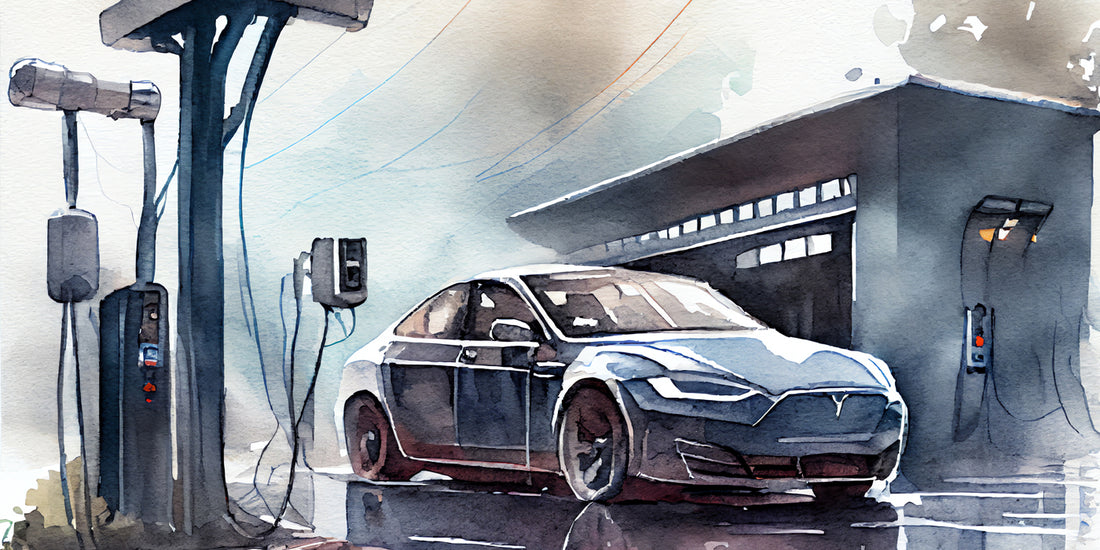If, like many shop owners, you’re expecting to be servicing a growing number of electric vehicles, you might also be thinking about your needs for EV charging to be able to charge vehicles you’re servicing.
There are other great reasons to consider installing EV chargers in your shop as well. For example, EV drivers can use apps to identify your business as a place to charge their cars. Plus, Nearly every state also has rebates or tax credits for EV charging installations (You can check the availability for your shop at the Alternative Fuel Infrastructure Tax Credit website.
Getting Started – Partner with Your Local Electricity Provider
Utilities play an essential part in the rollout of the EV charging infrastructure, and they are among the first partners that should be considered for installations.
Some coordination is necessary in almost all charging station installations. The need for this kind of coordination is even more needed in rural areas, where the infrastructure may be less robust and high-capacity installations are more likely to require upgrades to your electrical service.
Utilities have a strong interest in the deployment of EV charging. Many are making information available and working with charging system partners on behalf of their customers. PG&E (Pacific Gas and Electric Company), for example, says it can provide its customers a list of approved EV charger vendors.
Know Your EV Charging Options
If you’re now convinced it’s time to install EV chargers in your shop, it’s equally important to fully understand your system choices. Kelly Blue Book details the types of EV chargers available, and the pros and cons to consider when deciding on a charging system.
The quick primer tells you that Level 1 chargers, which use a simple 120-volt power source, provide the slowest charging speeds.
Level 2 chargers, which operate on 240-volt power, charge up to eight times faster than Level 1 devices while Level 3 chargers use DC current for fast charging and are offered for commercial sites. Both require an investment in equipment and professional installation.
Most of all, remember there is no one-size-fits-all option for EV chargers. Your operation, its location and your customers are all factors to consider when making an EV charging system decision.

